Breath testing for blood alcohol content (BrAC) has been a staple in law enforcement for decades. From roadside stops to DUI checkpoints, the technology has been widely utilized to help determine whether someone is under the influence of alcohol. However, as scientific advancements and innovations continue to develop, it becomes increasingly clear that breath testing […]

The Critical Role of Forensic Science in Bombing Cases
The forensic science used in bombing cases is a critical component of any investigation, as it can provide valuable evidence that can help identify the perpetrator and build a case against them. In this blog post, we will explore some of the forensic techniques used in bombing cases and how they are used to gather […]
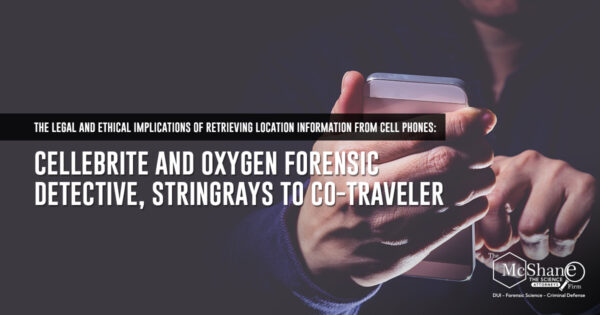
The Legal and Ethical Implications of Retrieving Location Information from Cell Phones: Cellebrite and Oxygen Forensic Detective, Stringrays to Co-traveler
Cell phone forensic analysis has become an increasingly important tool in criminal investigations. With the widespread use of cell phones, these devices often contain valuable information that can be critical to a criminal investigation. In this blog post, we will discuss the basics of cell phone forensic analysis and how it is used in criminal […]

Spyware/Malware and the Fourth Amendment: How The Government Wants to Spy on Your Online Activities
The Fourth Amendment of the United States Constitution guarantees the right to privacy and protects against unreasonable searches and seizures by the government. However, in recent years, there has been a debate over the legality of law enforcement activities such as remotely installing spyware or malware on to computers without a warrant or consent. The […]

The Cat-and-Mouse Game of Digital Privacy: How Law Enforcement Can Access Your WhatsApp Communications
In recent years, messaging apps such as WhatsApp have become increasingly popular due to their end-to-end encryption and promise of privacy. However, law enforcement agencies have developed methods to penetrate these supposedly secure messaging apps and access their contents in criminal investigations. One method used by law enforcement to access encrypted messaging app communications is […]
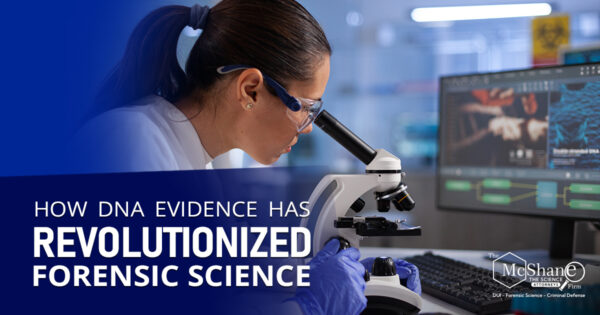
How DNA Evidence has Revolutionized Forensic Science
DNA evidence has revolutionized forensic science and has become a powerful tool in criminal investigations and courtroom proceedings. In this blog post, we will explore how DNA is used in the forensic science context and in the courtroom. DNA, or deoxyribonucleic acid, is a complex molecule found in every cell of the human body. Each […]
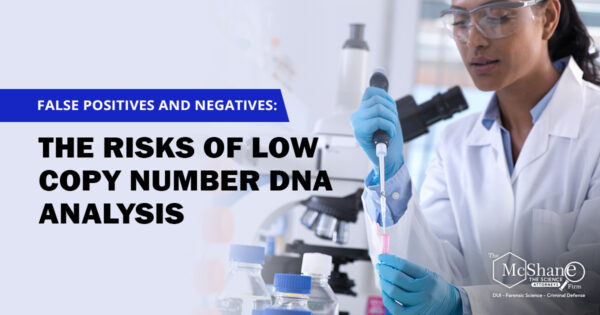
False Positives and Negatives: The Risks of Low Copy Number DNA Analysis
Touch DNA and low copy number (LCN) DNA are two types of forensic DNA evidence that have become increasingly important in recent years. In this blog post, we will explore what touch DNA and LCN DNA are, and how they are used in criminal investigations. Touch DNA refers to DNA that is left behind when […]

Amplifying the Evidence: The Power and Limitations of Whole Genome Amplification in DNA Science
Whole genome amplification (WGA) is a technique used in DNA science to amplify very small DNA samples. It allows forensic scientists to extract and amplify DNA from samples that are too small to be analyzed using traditional methods. In this blog post, we will explore what WGA is, its limitations, and how it is being […]

Balancing Privacy and Public Safety: The Role of 23andMe’s DNA Database in Criminal Investigations
In recent years, law enforcement agencies have increasingly turned to third-party DNA companies, such as 23andMe and AncestryDNA, to help identify perpetrators of crimes. Law enforcement agencies have increasingly turned to third-party DNA companies, such as 23andMe and AncestryDNA, to help identify perpetrators of crimes because of the potential for genetic genealogy to provide new […]
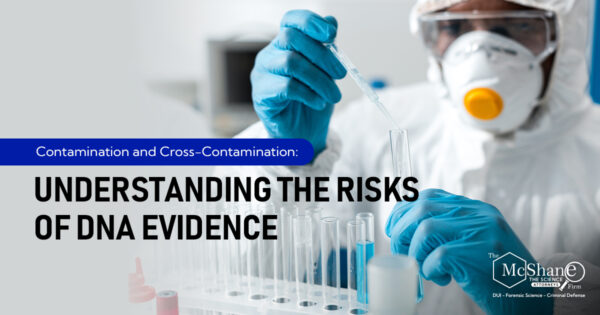
Contamination and Cross-Contamination: Understanding the Risks of DNA Evidence
There is a particular danger that attaches to DNA evidence. Thanks to the widespread viewing of fictional crime dramas, there is a built in prejudice that jurors have that DNA evidence means guilt. This is not so. It is not automatic. One way that DNA evidence can be falsely used in a case is due […]
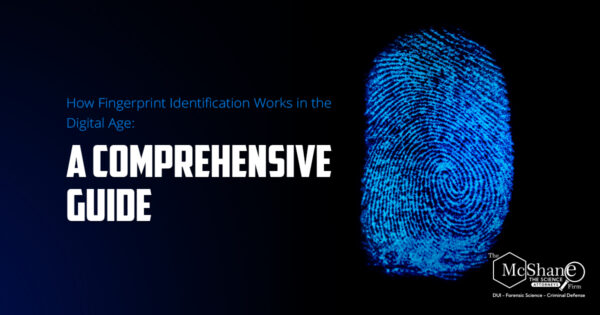
How Fingerprint Identification Works in the Digital Age: A Comprehensive Guide
Fingerprint identification is a technique that has been used for many years to identify individuals. In the digital age, fingerprint identification has become a popular method of authentication for mobile devices and computers. In this blog post, we will explore how fingerprint identification works, especially in the digital age. Fingerprint identification is based on the […]



